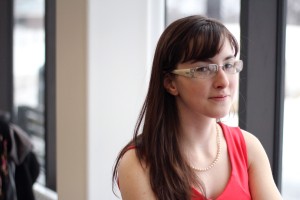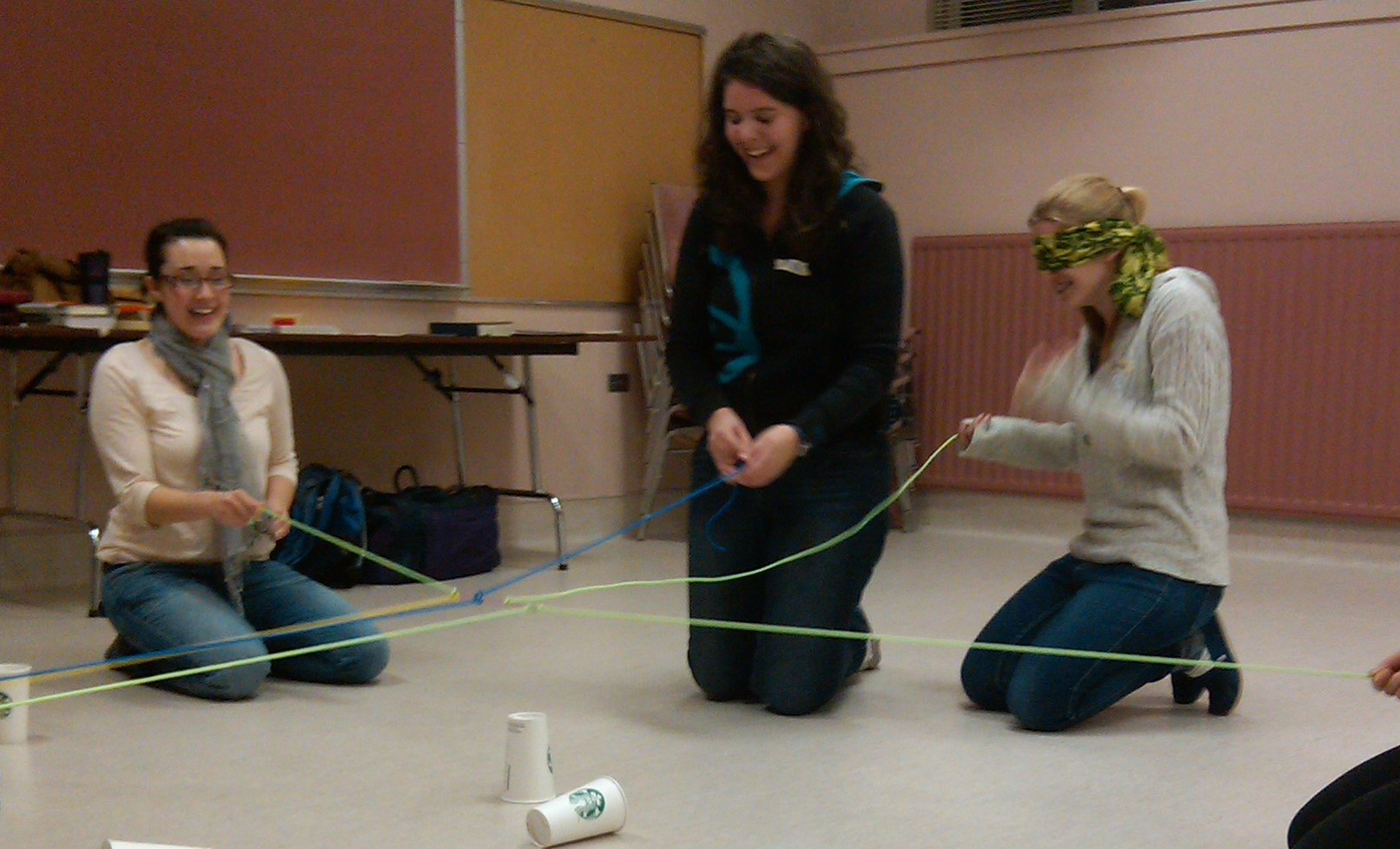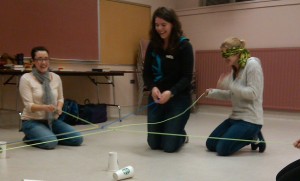Annual discernment retreat reshapes the way students inquire about vocation
It sounds like something out of Harry Potter: The Office of Ministry Inquiry. In reality the Office consists of two CMU Biblical & Theological Studies professors whose passion is to coordinate efforts at CMU to identify ministerial aptitudes/vocation within individual students, to help those students’ discern the call of God in their lives, and to nurture their first-fruits.

Currently, Irma Fast-Dueck, Associate Professor of Practical Theology, and Andrew Dyck, Assistant Professor of Ministry Studies head up the team.
One of the key ways the Office fulfills its duties is by organizing a biennial discernment retreat—Ministry Quest, they call it—for students who have either come forward on their own with questions to sort through, or have been encouraged by the promptings of peers, staff, faculty, or other mentors.
This year the retreat was held at St. Benedict’s Monastery & Retreat Centre, just north of Winnipeg. As they do every year, each of our crew arrived on site carrying a tousle of emotions inside: hope, fear, questions, assumptions, misgiving, enthusiasm, excitement, doubt. The balance is different for everyone.
Many students fit the imaginable profile of a “questing” young person with a desire to be useful. Others show up, as I did, protesting.
The Office and other retreat leaders deserve points for effective leadership, because everyone gets real pretty quickly. Generally speaking, a lot of the questions, hopes, and fears turn out to be pretty similar at bottom, and most everything is on the table within 24 hours. At the heart of it, most of our objections are pretty predictable: Me? Couldn’t be. I’m ordinary, flawed, really not half so spiritual as I like to pretend… Blasé, maybe, but honest. This really is what worries us.
Between large group sessions involving very creative ice-breakers and raw testimonies from the leaders, plenty of alone time for reflection, and piercing small-group gatherings for collective sharing and discernment, it’s an intensive, surprisingly productive two days. Together, we air many dreams: dreams of the church, dreams of home, dreams of things not at all like church but fueled by the same convictions. Most students agree, the retreat provides perspective more than answers, but really, that’s all we need.
Everyone walks away with some new insight to consider, or the sense that they’ve gained a new way of feeling for things. We’re each headed in different directions, but the work we are doing is much the same. We’re listening. We are listening deep into ourselves, unsure of what we want or expect to hear, but genuinely desiring to hear something, even if we say we don’t.
If the retreat leaders’ stories are anything to go on, we’re all doomed in the end; but process is as or more important than product. The monastery air seems thick with that truth, the pace of the place resounds with it—a holy hesitance, peaceful and calm. Taking some of that spirit with us, we leave slowly, quietly.
written by Beth Downey Sawatzky


 March 5, 2012 – Sharing and hearing call stories in small groups became powerful experiences for a diverse group of 21 Canadian Mennonite University (CMU) students, gathered for CMU’s Fourth Ministry Quest Retreat on January 20 – 22, 2012 at St. Benedict’s Retreat and Conference Centre, just north of Winnipeg.
March 5, 2012 – Sharing and hearing call stories in small groups became powerful experiences for a diverse group of 21 Canadian Mennonite University (CMU) students, gathered for CMU’s Fourth Ministry Quest Retreat on January 20 – 22, 2012 at St. Benedict’s Retreat and Conference Centre, just north of Winnipeg.